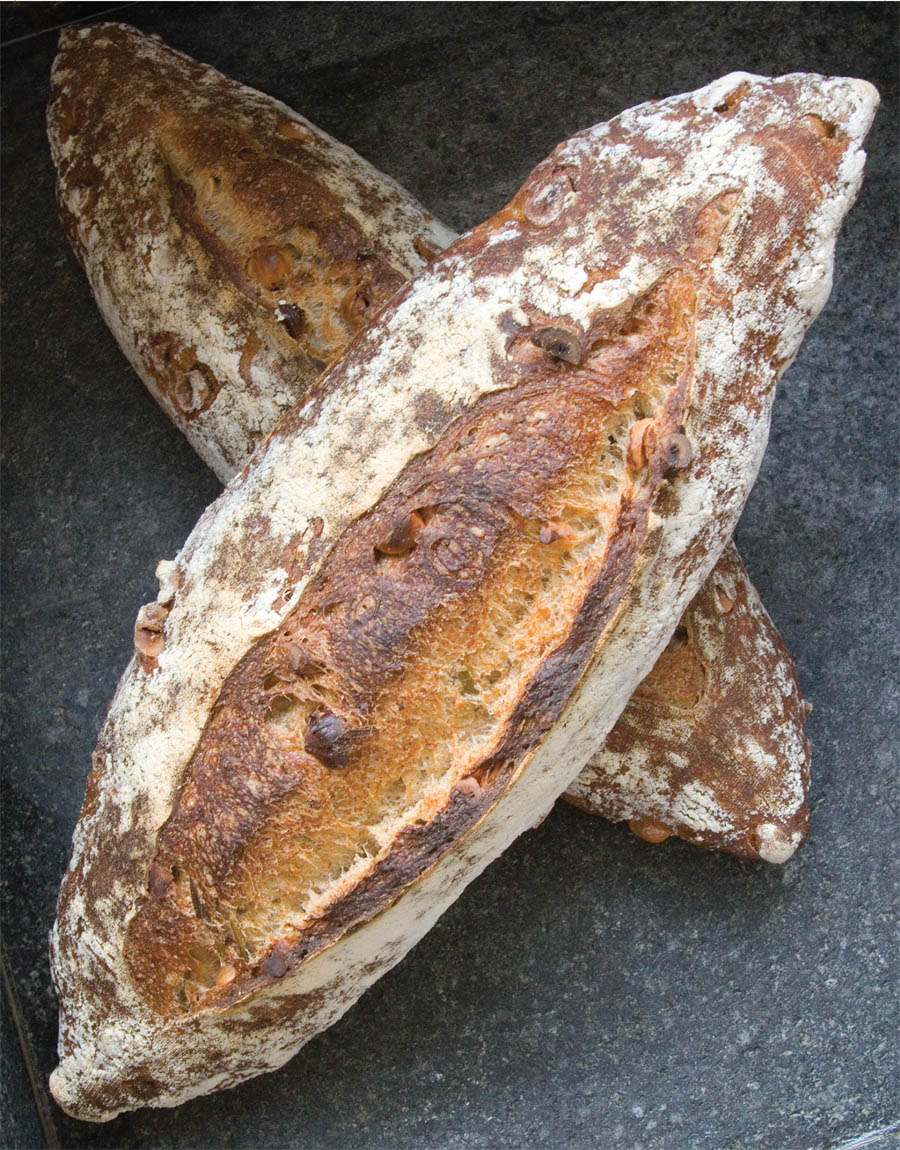
MAINE GRAIN AND EDUCATIONAL RESOURCES
Borealis Breads
1860 Atlantic Highway
Waldoboro, ME 04572
(207) 832-0655
1165 Post Rd.
Wells, ME
(207) 641-8800
Aurora Mills and Farm
Matthew Williams and
Sara Williams Flewelling
408 Burton Rd.
Linneus, ME 04730
www.AuroraMillsandFarm.com
MOFGA
PO Box 170
Unity, ME 04988
(207) 568-4142
294 Crosby Brook Rd.
Unity, ME
www.mofga.org
The Kneading Conference
Kennebec Valley Community College
677 Skowhegan Rd.
Clinton, ME
www.KneadingConference.com
Maine Grains Alliance
PO Box 2060
Skowhegan, ME 04976
(207) 474-8001
amber@mainegrains.com
Somerset Grist Mill
42 Court St.
Skowhegan, ME 04976
(207) 474-8001
Songbird Farm
142 Stevens Rd.
Unity, ME 04988
(207) 380-1171
songbird.farm@yahoo.com
University of Maine Cooperative Extension Service
5741 Libby Hall
Orono, ME 04469-5741
(207) 581-3188 or (800) 287-0274
(in Maine)
https://extension.umaine.edu
Maine Department of Agriculture, Conservation and Forestry
32 Blossom Ln.
Marquardt Building
Augusta, ME Kennebec
(207) 287-3491
www.getrealmaine.com


An imprint of The Rowman & Littlefield Publishing Group, Inc.
4501 Forbes Blvd., Ste. 200
Lanham, MD 20706
www.rowman.com
Distributed by NATIONAL BOOK NETWORK
Copyright 2019 Jim Amaral and Cynthia Finnemore Simonds
Photographs Jim Amaral
All rights reserved . No part of this book may be reproduced in any form or by any electronic or mechanical means, including information storage and retrieval systems, without written permission from the publisher, except by a reviewer who may quote passages in a review.
British Library Cataloguing in Publication Information available
Library of Congress Cataloging-in-Publication Data available
Names: Simonds, Cynthia Finnemore, 1966 author. | Amaral, Jim, author.
Title: Borealis Breads: 75 recipes for breads, soups, sides, and more / Cynthia Finnemore Simonds and Jim Amaral.
Description: Camden, Maine : Down East Books, [2019] | Includes index.
Identifiers: LCCN 2018046538 (print) | LCCN 2018058568 (ebook) | ISBN 9781608936281 (Electronic) | ISBN 9781608936274 (cloth : alk. paper) | ISBN 9781608936281 (e-book)
Subjects: LCSH: Bread. | Cooking (Sourdough) | Baking. | Borealis Breads (Bakery) | BakeriesMaine.
Classification: LCC TX769 (ebook) | LCC TX769 .S46 2019 (print) | DDC 641.81/5dc23
LC record available at https://lccn.loc.gov/2018046538
 The paper used in this publication meets the minimum requirements of American National Standard for Information SciencesPermanence of Paper for Printed Library Materials, ANSI/NISO Z39.48-1992.
The paper used in this publication meets the minimum requirements of American National Standard for Information SciencesPermanence of Paper for Printed Library Materials, ANSI/NISO Z39.48-1992.
Printed in the United States of America
FOREWORD
BREAD BAKING IS A TRANSFORMATIVE PROCESS. The simplest of elementsflour, water, salt, and starterprogress from ingredients to dough to bread in a way that still amazes me even after forty years of baking. The transformation extends to the baker as well. Mixing, kneading, and shaping have a meditative quality that de-stresses and energizes. Creating healthy, nutritious, delicious breads for oneself and others lends a sense of purpose and goodwill. Over the years I have had a number of folks say how much they enjoy our breads; no longer baking for themselves and their families, but choosing to purchase our bread instead. I cringe every time I hear this and want to yell, Noooooooo, dont stop baking!
Cynthia, a longtime dear friend, talented chef, fellow baker, and I have written this book for all those home bakers who love Borealis Breads but perhaps feel they could never bake a loaf like ours at home. Its chock-full of bread formulas that I have developed over the years, along with things to put on, in, or under your freshly home-baked loaves. Some of these breads we have been making ever since opening our doors in 1993; others are offered seasonally. Some were sold for a while but have never returned to our bread lineup, and still others, until now, have never been seen beyond my home kitchenalso known as my bread lab.
In recognition of the more than two decades of hard work that all of us have done at the bakery to use and promote locally grown grains, you will find that most of these breads contain some Maine-grown flour. A few are even made with 100 percent locally grown and sourced ingredients.
Bread in its most elemental form is a fermentative wonder that beguiles all the senses. I am not talking about those gussied-up loaves whose flavor is finessed with herbs or fruits or cheese, or whose texture is massaged with olive oil or butter, or a loaf cosseted in a pan. Ill take mine hand shaped and unconstrained by glass, ceramic, or tin. The bread of my desire is a simple concoction of four ingredientsgrain, water, yeast, and saltwhose artful combination produces a hearty, hunger-slaying loaf. The grains usually, but not always, include a preponderance of wheat, which provides gluten, the bones of the bread. The water should preferably come from a well or spring. The yeast can come in many forms: sourdough starter, poolish, biga, compressed yeast, or dry yeast. Any natural salt will do.
Shall we bake and break some Maine bread together?
Jim Amaral
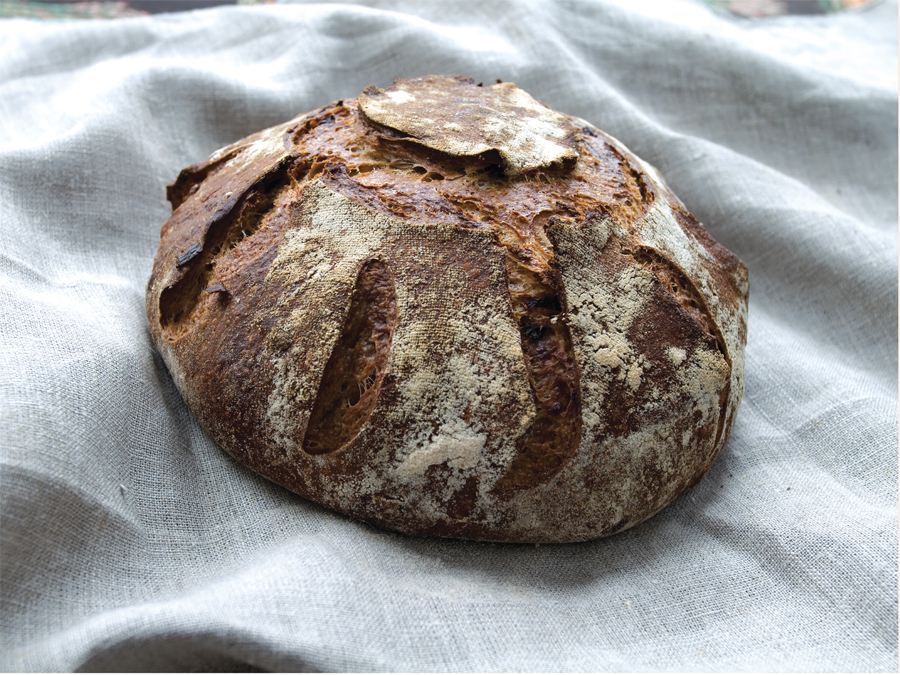
INTRODUCTION
The Story of Borealis Breads and the Renaissance of Maine Grain
A BAKER IS BORN
IN THE SPRING OF 1993 MY WIFE, Dolores Carbonneau, and I started Borealis Breads in a small basement space under what was then the Pine Cone Caf in Waldoboro village on the coast of Maine. At the time there were a few other bakers in the state practicing what has since become known as artisan baking, including Don Stagg at Saco Bay Sourdough in downtown Saco, Mark Mickalide of Black Crow Bakery in Litchfield, and Arts Sourdough Bread Company in Sidney. Greg Larsen of Tuva Bakery in Lincolnville was upholding the hippie baking tradition with a wholesome selection of whole grain pan breads. Of the original group, only Mark carries on to produce excellent breads at his bakery. Today we have a new generation. In Lincoln County alone, I can count at least six bakers producing superb artisan breads. What a fantastic legacy!
It was only a couple of years after starting our bakery that I set out to source locally grown wheat for use in our breads. Back then I was immersed in starting the business, developing bread formulas, wooing new customers, and, of course, nurturing the sourdough starters that to this day provide the flavor foundation for our breads. I had little cognizance of what other food fermentations were beginning to slowly bubble up, or that my quest for locally produced flour would be the dawn of what has become todays vibrant local grain renaissance.
My path to becoming a bread baker started in 1971, in Concord, Massachusetts. I was a sophomore in high school and a voracious reader and book buyer. On Main Street in Concord center back then, you could find an excellent bookshop and, a few doors down, the Sally Ann Food Shop, a small retail bakery. In fact, both stores are still in operation today. That summer the bakery was looking for a pot washer, and I was looking for a way to fund my book-buying habit. During my interview I learned that the bakery employees were paid in cash every Saturday morning. Needless to say, I immediately took the job when it was offered.
Next page

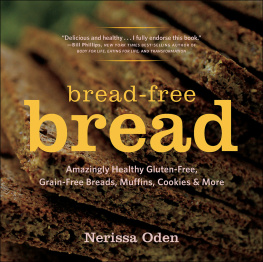
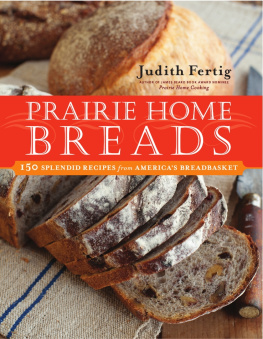
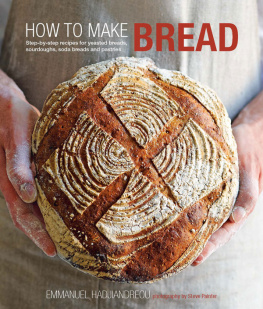
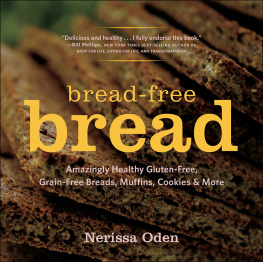
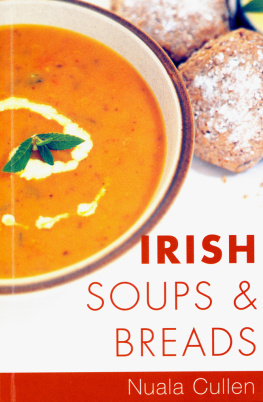
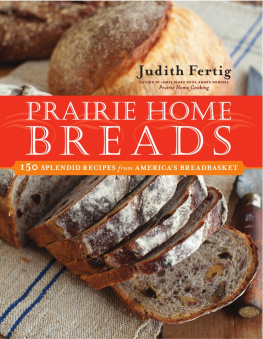



 The paper used in this publication meets the minimum requirements of American National Standard for Information SciencesPermanence of Paper for Printed Library Materials, ANSI/NISO Z39.48-1992.
The paper used in this publication meets the minimum requirements of American National Standard for Information SciencesPermanence of Paper for Printed Library Materials, ANSI/NISO Z39.48-1992.